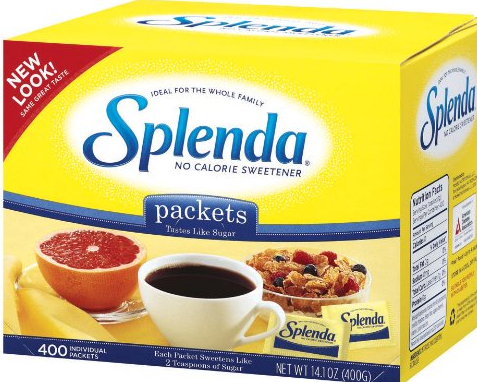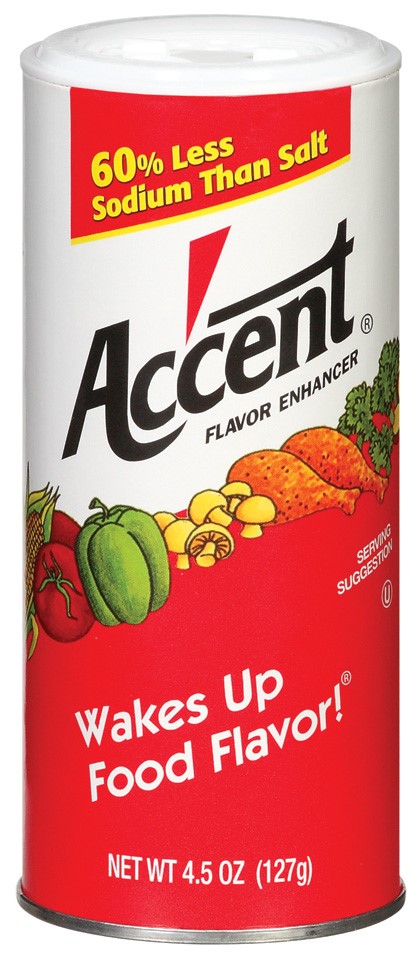Cassava is a root vegetable that Plantations International grows in Thailand. It is the underground part of the cassava shrub, which has the Latin name Manihot esculenta. Like potatoes and yams, it is a tuber crop. Cassava roots have a similar shape to sweet potatoes.
People can also eat the leaves of the cassava plant. Humans living along the banks of the Amazon River in South America grew and consumed cassava hundreds of years before Christopher Columbus first voyaged there.
Today, more than 80 countries throughout the tropics grow cassava, and it is a primary component of the diet of more than 800 million people around the world. It is popular because it is a hardy crop that is resistant to drought and does not require much fertilizer, although it is vulnerable to bacterial and viral diseases.
Growth in Sugar Substitutes

Sorbitol is another sugar substitute which offers strong potential for the sweetener industry. Thailand produces 43,000 tons of sorbitol annually. In 2016, the global market for food sweeteners was valued at THB 1.1 trillion (USD 33 billion) and is expected to grow by 5.5% to THB 1.5 trillion (USD 45 billion) in 2022, according to IHS Markit. These sugar substitutes will play an important role as the increase in awareness in consumer health and improved lifestyles will further drive demand.
Cassava contains only small amounts of proteins and fats. As a result, people who use cassava as a primary dietary staple may need to eat extra protein or take protein supplements to avoid becoming malnourished.
Local consumption of sweeteners is also expected to increase. Beverage manufacturers have launched a wide variety of products such as diet and calorie-free energy drinks responding to shifting consumer tastes. Thailand is well-recognized as the production base of numerous global brands such as PepsiCo, Red Bull and Carabao. Global manufacturers of sweeteners which have already established their plants in Thailand include MC-Towa, UENO and Pure Chem.
Thailand is a leader in Monosodium Glutamate (MSG) production
The MSG industry accounts for 18% of cassava starch utilization in Thailand. MSG is widely used by food
processors in 
In 2019, the MSG market in Thailand was valued at THB 7 billion (USD 210 million). As the country is rich in cassava which is used as a raw material to process MSG, Ajinomoto and Knorr are two leading manufacturers that are using Thailand as their production base to create increased supply for the global market.
Importance of modified starch Accounting for roughly 10% of cassava starch utilization in Thailand, modified starch is one of the most commonly used starches in food manufacturing. Used as an additive, modified starch is applied to increase strength, and add viscosity and concentration in a number of food products. For example, starch is added to ice cream to maintain its strength after being shipped, and is also used to improve the texture of baked goods by enhancing smoothness and creaminess. In 2016, Thailand exported 947,120 tons of modified starch valued at THB 21.2 billion (USD 635 million).
Cassava Production
Land Selection
Choose an accessible well-drained fertile soil.
Varieties
The following varieties are recommended for their high yield and processing quality: TMS 30572, NR 8082, NR8083, TMS 4(2) 1425, TMS 81/00110, TMS 92/0326. An additional 10 varieties are in the process of being released.
Weed control and land preparation
A total herbicide – Round up (a glyphosate) should be applied at the rate of 4–5 l/ha 10 days before land preparation. For cost effectiveness and optimum plant population, mechanization and planting on ridges are recommended.
Liming
It is recommended that 5 (50 kg) bags of agricultural lime be applied /ha during land preparation.
Planting and planting material
1. Planting starts in April and can be extended to October.
2. The quantity recommended for 1 ha is 60 bundles of cassava stem.
3. Stem cuttings 25 cm long should be planted at a spacing of 1 m x 1 m.
4. Maintain 100% planting rate by replacing dead or nonviable stems.
Post-planting weed control
Where a total herbicide was not used before land preparation, it is recommended that a selective pre-emergence herbicide be applied within three days after planting. Five litres of Primextra is recommended /ha.
Fertilizer use, type and rate
The following fertilizers and their rate/ha are recommended
• NPK 15:15:15–12 (50 kg) bags
• NPK 20:10:10–9 (50 kg) bags
• NPK 12:12:17–15 (50 kg) bags
Apply fertilizer at 8 weeks after planting. Apply fertilizer in a ring, 6 cm wide and 10 cm from the plant or broadcast with care around the plant, making sure the fertilizer does not touch the stem or leaves.
Expected Yields
Yield of 25 t/ha and above can be obtained with good agronomic practices and management and using Plantations International’s Precision Farming Technologies.
To find out more about how Plantations International can assist you with the development and management of your own Cassava plantation, and to receive a free initial consultation, please call us today on +852 5808 3775 or Click Here to contact your nearest Plantations International representative.
